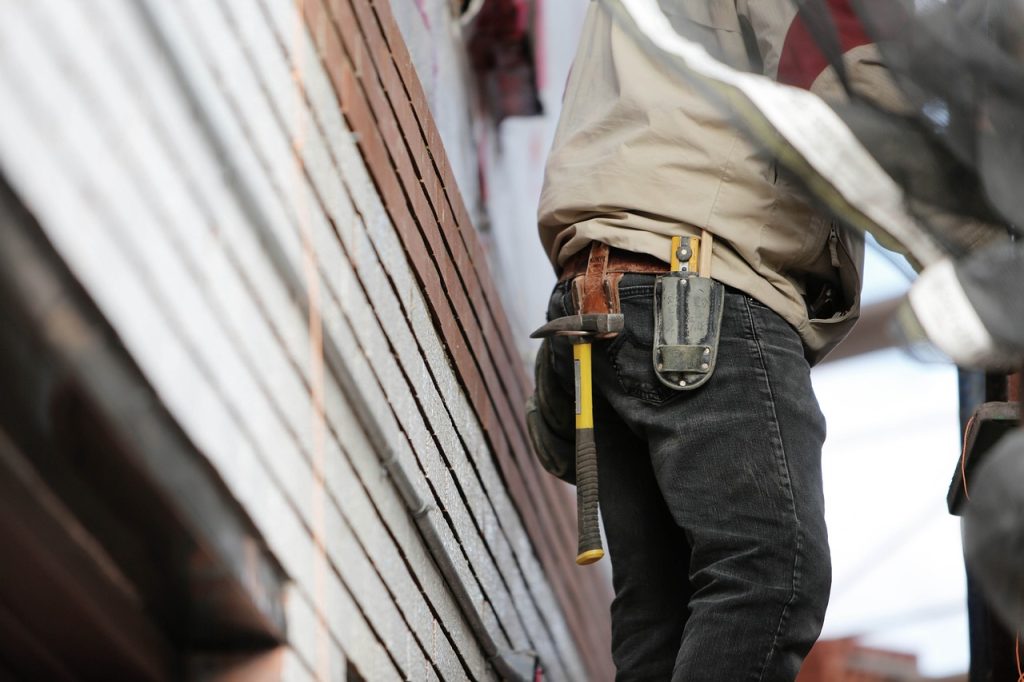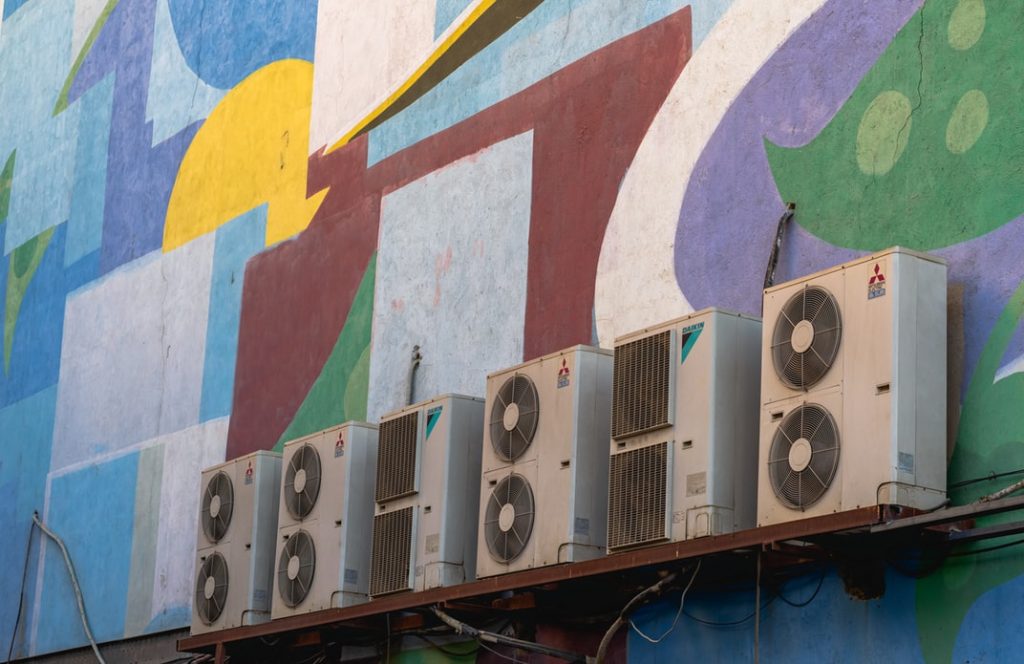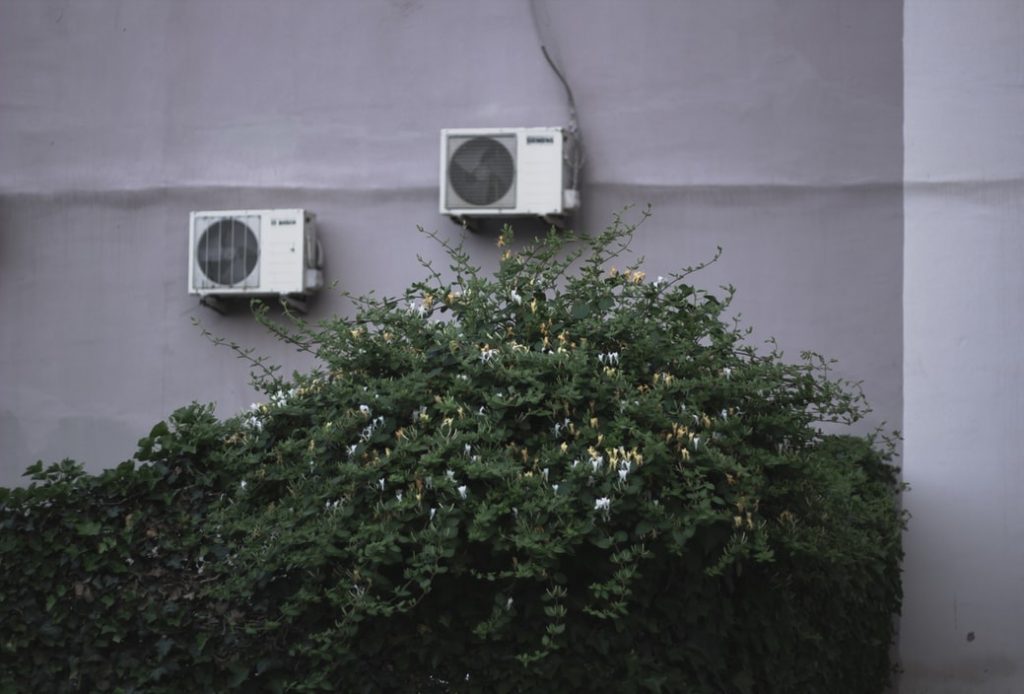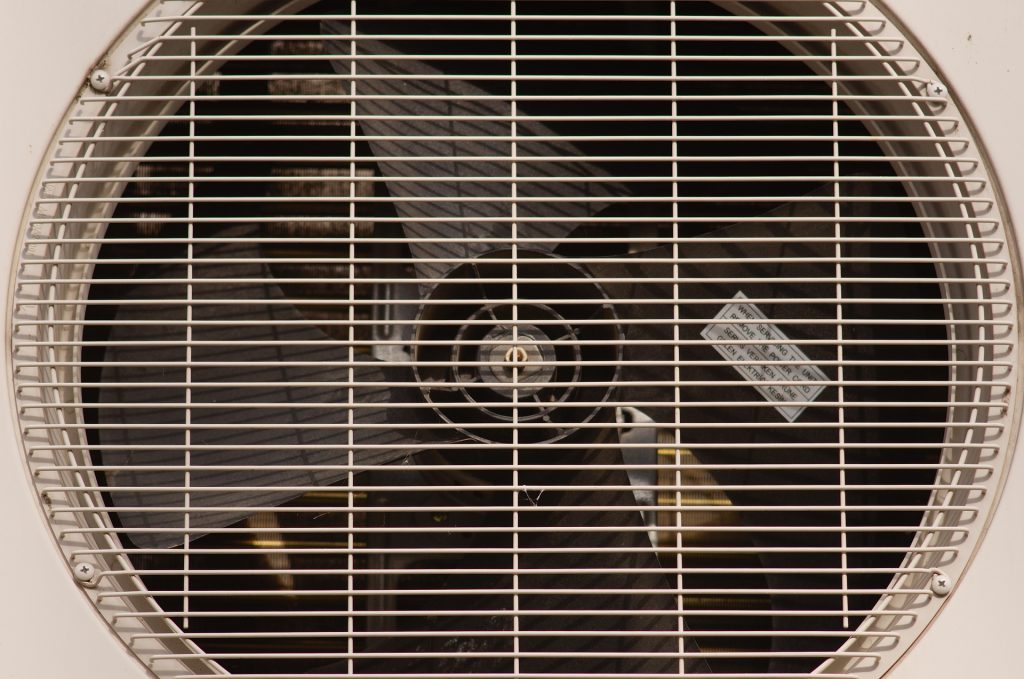Upgrading your HVAC system can be a substantial expense, so most people want to be sure it’s the right time to make HVAC upgrades before they make the investment. No matter how well you maintain your HVAC system, it will eventually require replacement. If you are looking to upgrade your heating system before winter or looking at upgrading that AC unit you had trouble with during the summer, here are some ways to know if it’s time.
When to Replace an HVAC System
If you are experiencing any of the following situations, it is time to look into investing in HVAC upgrades.
1. Your HVAC System is More Than a Decade Old
When was your HVAC system installed? If the answer is more than ten years ago, then you may be due an HVAC upgrade. According to the Department of Energy, homeowners should replace their heating and air conditioning systems every ten to fifteen years due to deterioration. Some older units may also contain outdated refrigerants.
2. Repair Costs Have Exceeded Half the Cost of Replacement
Whether your HVAC has gotten older, been abused, or suffered damages leading to poor operation, repairs to keep it running can add up quickly. While most HVAC systems require some repairs and maintenance, this should not be allowed to become excessive. If you find yourself making constant repairs, especially if some of them are the same ones time after time, you should look at how much those repairs have cost. If they add up to more than half the price of a replacement, it is time to upgrade your system.
3. Increased Utility Bills
Heating and cooling systems can add up to as much as 40-50 percent of our overall energy costs each year. Compare your energy usage listed on utility invoices for the same months during previous years. If you are using more energy with no explanation, your HVAC system could be the culprit. With age, HVAC systems become less efficient and use more energy. If you have been diligent with repairs and maintenance, a significant increase in utility costs may be your sign that it’s time for an HVAC upgrade rather than just a simple repair.
4. Temperature Fluctuations
There are many reasons why your HVAC system might not be able to maintain a consistent temperature. You could have a damaged or failing thermostat, low fluids, dirty filters, cracked ducts, or motor damage. It might also mean that your HVAC system isn’t powerful enough to cool your home or that you have improperly installed ductwork. If you are looking at substantial repairs to tackle a temperature control problem or have made structural changes that may have reduced efficiency, consider upgrading your HVAC.
5. You’ve Noticed Heavier Dust Collection
HVAC systems not only produce heat and air, but they also facilitate air circulation and ventilation. When working efficiently, your HVAC system should remove most dust, dander, and debris from your home. An increase in the presence of dust may mean your air conditioning system is no longer doing an adequate job of removing particles from the air.
6. Odd Odors
While some smells can arise from dust burning off, others can be a sign of melting wires or mold on the ducts. If you consistently experience unpleasant smells coming from your HVAC unit and have had it inspected and serviced, it might be due to aging components creating odors due to poor operation.
7. Strange Noises
Your HVAC system should operate quietly enough that it isn’t a disturbance. If it has begun to grind or squeal, it is not functioning properly. An inspection from a licensed professional can help identify the cause and recommend repairs or suggest replacement.
8. Low Air Quality
Summer can be very unhealthy for those who have a poorly operating HVAC system. The reason for this is that the heat of summer can bring with it mold, mildew, dust, and higher humidity than usual. If you have noticed an increase in problems with any of these during the warmer months, it may be because your HVAC system isn’t properly circulating and filtering contaminants that enter the air in your home.
If you are having any of these issues despite your best efforts to keep your HVAC system properly maintained and serviced, you may be fighting a battle you can’t win. A qualified HVAC expert from AHWA can inspect your system and help you determine if it’s time to upgrade your HVAC. The cost of replacement will pay for itself in reduced energy and repair costs. You’ll feel healthier with the improved air quality and reduced stress from high energy bills.
HVAC Upgrade: Where to Begin
If you are reading this, you have already begun the process of considering an HVAC Upgrade. Your next step should be to set up a consultation with a heating and cooling specialist to assess your situation.
Together, you can work out what sort of budget you have to work with and what your needs are. Perhaps money is tight and you need to stick with the basics. A qualified HVAC technician can help you find an affordable system that provides the essentials for your home. If you can afford more, you can consider additional conveniences such as floor heating, programmable thermostats, built-in humidifiers, or additional filtration.
In some cases, you may find that your system is in better shape than anticipated and explore options for revitalizing or expanding it to better meet your needs or reviving it enough to buy you time to pay for a replacement. It is always better to hold out for a better quality system rather than installing a bargain HVAC system that won’t last. Though you will pay more for higher quality, it will be worth it in the long run.
Whether you decide to replace your HVAC right away or buy some time with your existing unit until you can afford a more preferable system, AHWA can help you install your AC and make the best decision based on your individual preferences, budget, and needs.
[related_posts_by_tax posts_per_page="3" format="thumbnails" image_size="medium"]








